- Informatii telefonice:(+40) 748 400 200
Being Modern - MoMA in Paris | Quentin Bajac, Olivier Michelon
Cod intern: xsales_1393345Producator: Thames and Hudson
Vizualizari: 35 / Achizitii: 21
Stoc: In stoc
Pret: 273.0 RON
Acest produs este publicat in categoria Librarie la data de 15-03-2025: 10:03 si vandut de Carturesti. Vanzatorul isi asuma corectitudinea datelor publicate. ( alege finantarea potrivita )
-
Produs cu garantie
-
Livrare direct din stocul fizic al Carturesti
-
Retur gratuit minim 14 zile de la data achizitiei
Published to accompany the first exhibition in Paris of highlights from The Museum of Modern Art, New York, Being Modern tells the stories behind 120 select artworks and design objects acquired by MoMA between the late 19th century and the present, providing a unique insight into the making of one of the greatest collections of modern and contemporary art in the world. Featuring work from all six of the Museum’s departments, from Edward Hopper’s House by the Railroad (1925) to the recently acquired original set of 176 digital emoji, the catalogue highlights the diversity and topicality of MoMA’s collection, and provides a fresh perspective on the modernist canon. The book is organized chronologically according to the year each artwork entered MoMA’s collection. Short texts by museum curators accompany each work, providing an overview of its significance as well as a behind-the-scenes look at the acquisitions process, often an untold aspect of a museum’s history. Rather than presenting the collection as a flawlessly structured, stable entity, the book reveals its complex evolution and wide-ranging scope, demonstrating multiple ways of looking at MoMA’s multidisciplinary collection.

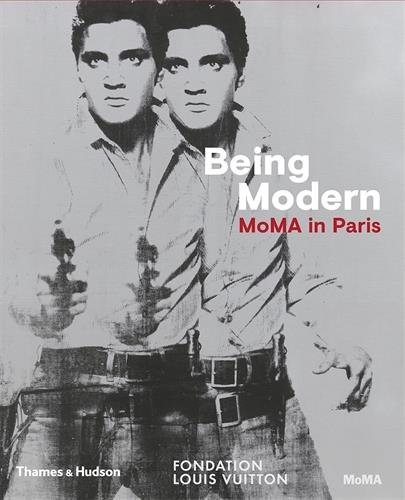
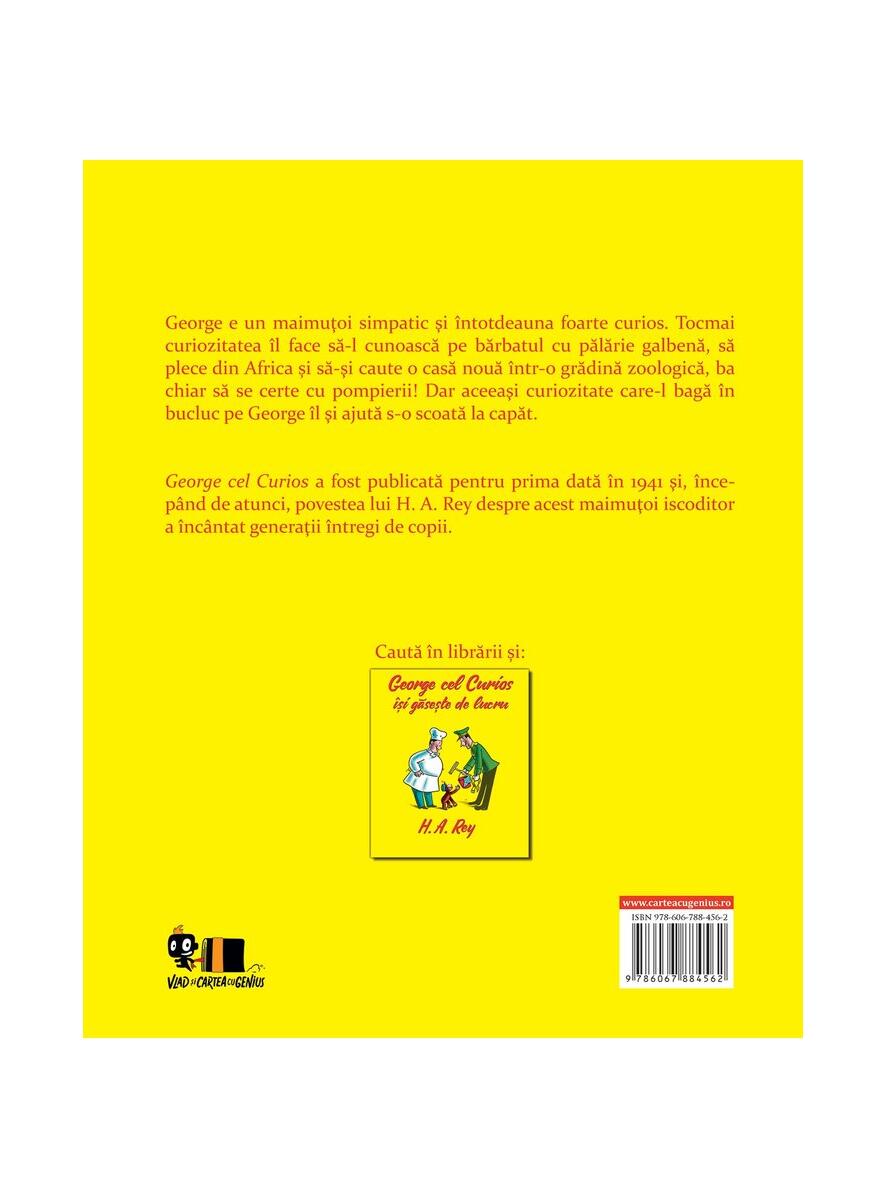












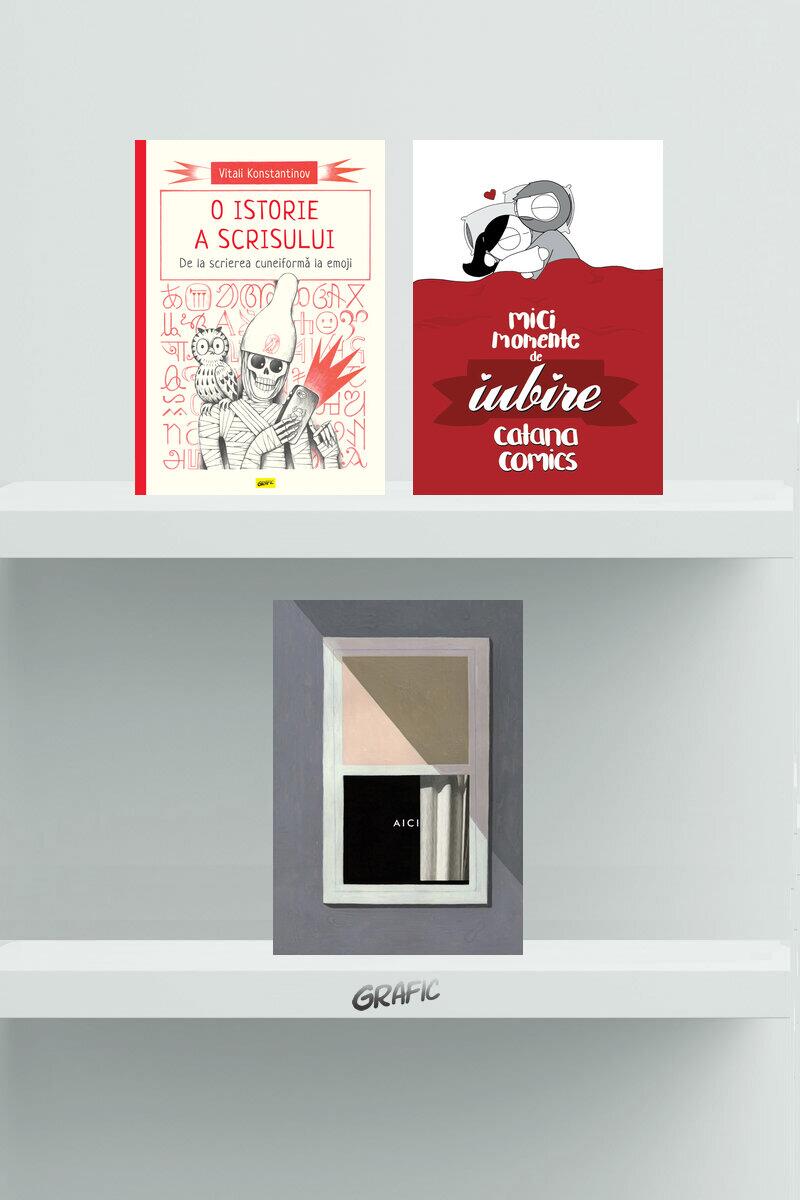
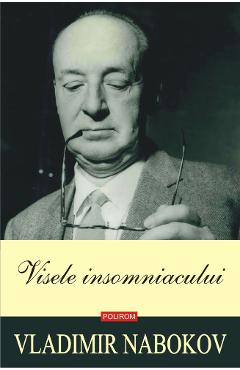


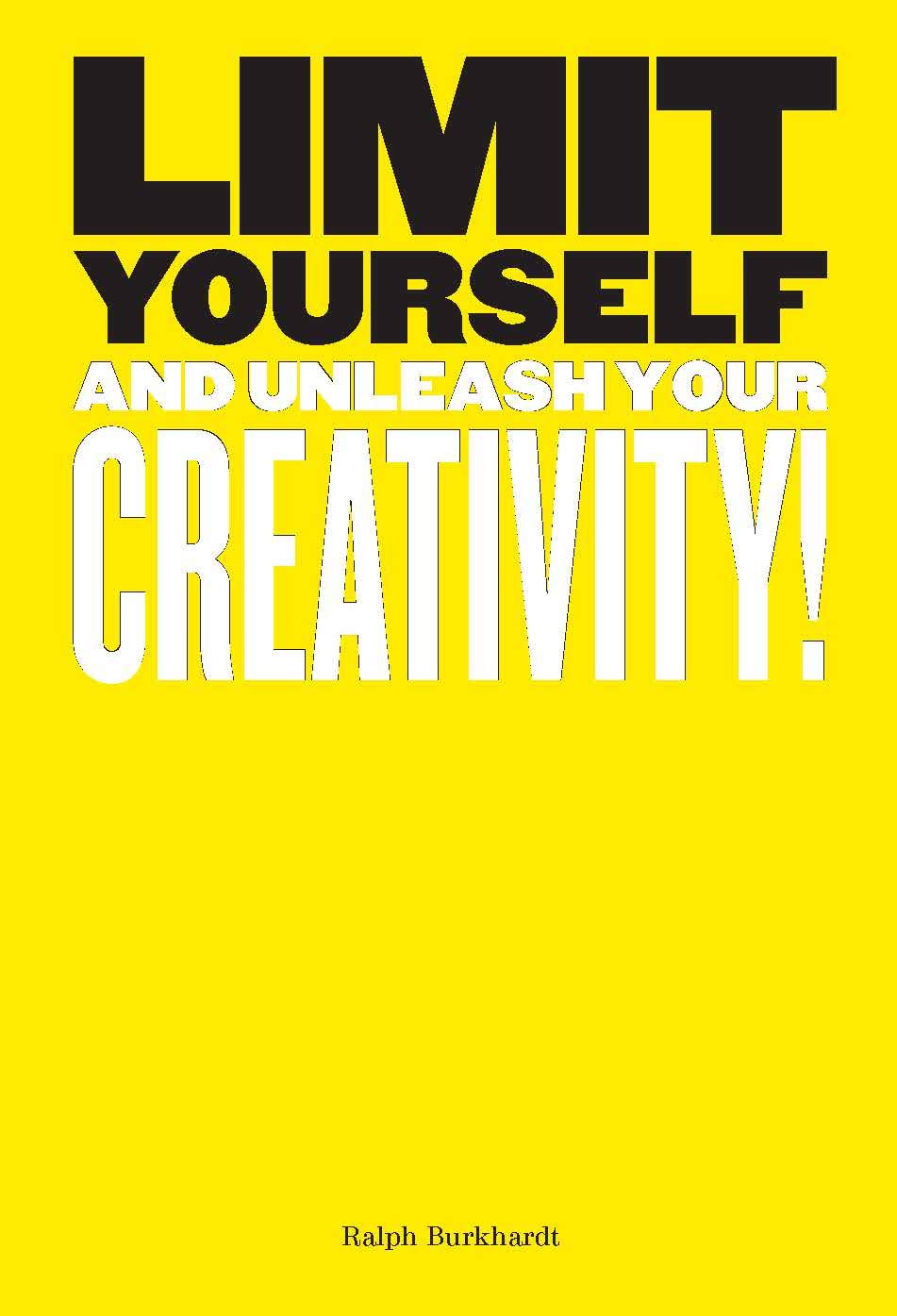







Scrie parerea ta
Being Modern - MoMA in Paris | Quentin Bajac, Olivier Michelon
Ai cumparat produsul Being Modern - MoMA in Paris | Quentin Bajac, Olivier Michelon ?
Lasa o nota si parerea ta completand formularul alaturat.
Published to accompany the first exhibition in Paris of highlights from The Museum of Modern Art, New York, Being Modern tells the stories behind 120 select artworks and design objects acquired by MoMA between the late 19th century and the present, providing a unique insight into the making of one of the greatest collections of modern and contemporary art in the world. Featuring work from all six of the Museum’s departments, from Edward Hopper’s House by the Railroad (1925) to the recently acquired original set of 176 digital emoji, the catalogue highlights the diversity and topicality of MoMA’s collection, and provides a fresh perspective on the modernist canon. The book is organized chronologically according to the year each artwork entered MoMA’s collection. Short texts by museum curators accompany each work, providing an overview of its significance as well as a behind-the-scenes look at the acquisitions process, often an untold aspect of a museum’s history. Rather than presenting the collection as a flawlessly structured, stable entity, the book reveals its complex evolution and wide-ranging scope, demonstrating multiple ways of looking at MoMA’s multidisciplinary collection.
Acorda un calificativ